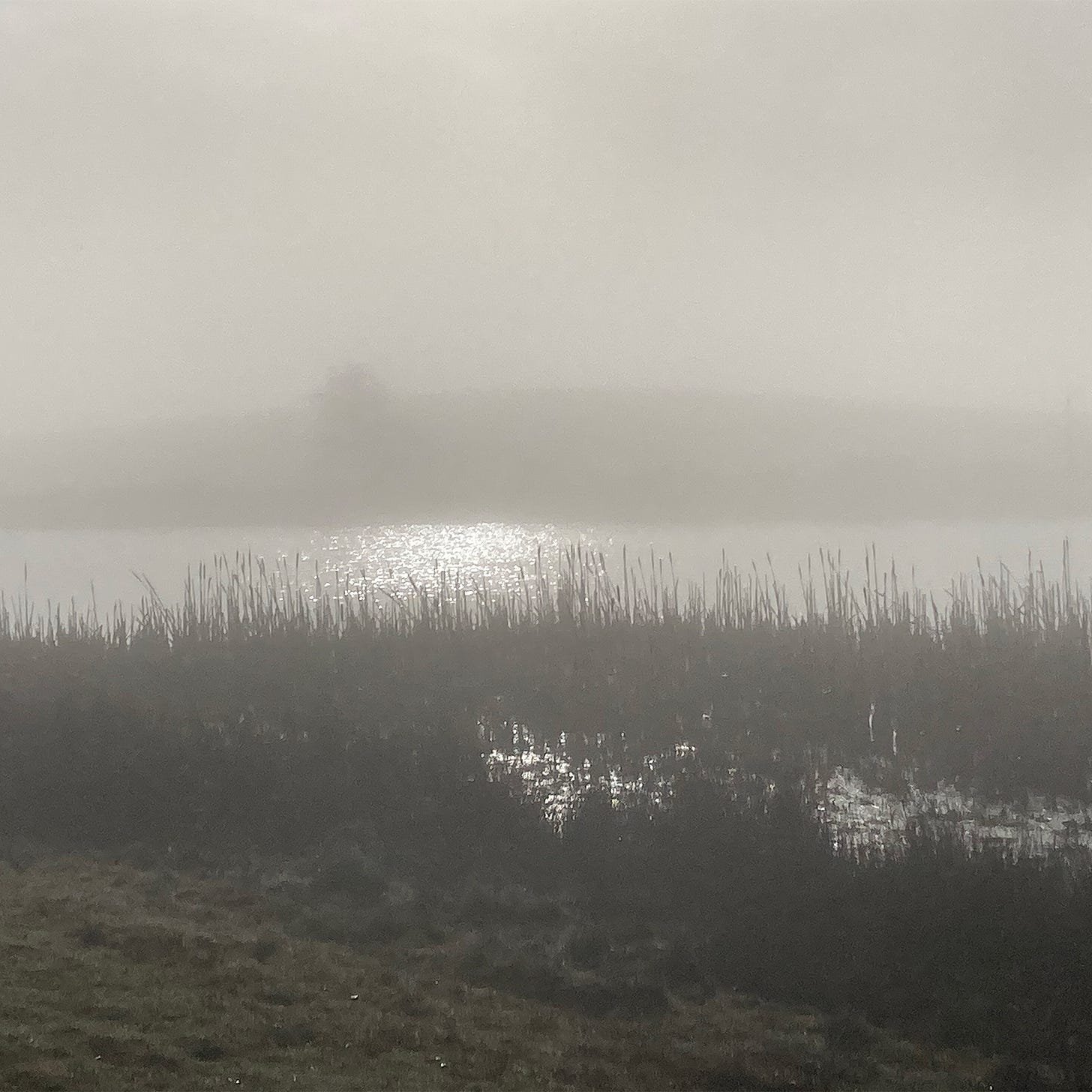Close to its surface a shallow river talks loudly. It’s as if the water is passing through many throats, being gulped, gargled and spluttered as it moves over pebbles and rocks, willow roots, rafts of dead vegetation piled against the bank. I propped the recorder on a stone as close to the surface as I could. The little red indicator flashed and the bar…
Keep reading with a 7-day free trial
Subscribe to Into the Deep Woods to keep reading this post and get 7 days of free access to the full post archives.



